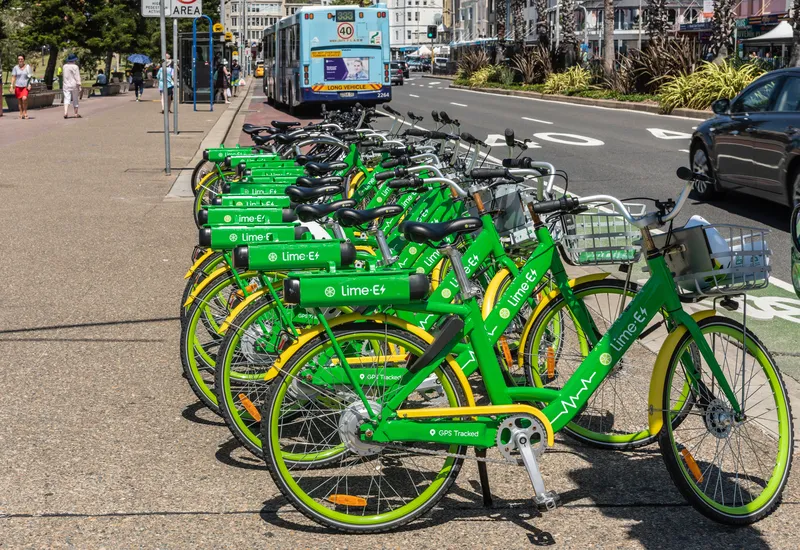The Australian Government is to invest US$9 million (AU$12 million) in a two-year program looking into the future of Satellite Based Augmentation Systems (SBAS) positioning technology in Australia.
The funding will be used to test instant, accurate and reliable positioning technology that could provide future safety, productivity, efficiency and environmental benefits across many industries in Australia, including transport, agriculture, construction, and resources.
Federal Minister for Infrastructure
January 19, 2017
Read time: 2 mins
The Australian Government is to invest US$9 million (AU$12 million) in a two-year program looking into the future of Satellite Based Augmentation Systems (SBAS) positioning technology in Australia.
The funding will be used to test instant, accurate and reliable positioning technology that could provide future safety, productivity, efficiency and environmental benefits across many industries in Australia, including transport, agriculture, construction, and resources.
Federal Minister for Infrastructure and Transport Darren Chester said the program could test the potential of SBAS technology in the four transport sectors—aviation, maritime, rail and road.
The two-year project will test SBAS technology that has the potential to improve positioning accuracy in Australia to less than five centimetres. Currently, positioning in Australia is usually accurate to five to 10 metres.
The SBAS test-bed is Australia's first step towards joining countries such as the US, Russia, India, Japan and many across Europe in investing in SBAS technology and capitalising on the link between precise positioning, productivity and innovation.
The funding will be used to test instant, accurate and reliable positioning technology that could provide future safety, productivity, efficiency and environmental benefits across many industries in Australia, including transport, agriculture, construction, and resources.
Federal Minister for Infrastructure and Transport Darren Chester said the program could test the potential of SBAS technology in the four transport sectors—aviation, maritime, rail and road.
The two-year project will test SBAS technology that has the potential to improve positioning accuracy in Australia to less than five centimetres. Currently, positioning in Australia is usually accurate to five to 10 metres.
The SBAS test-bed is Australia's first step towards joining countries such as the US, Russia, India, Japan and many across Europe in investing in SBAS technology and capitalising on the link between precise positioning, productivity and innovation.








